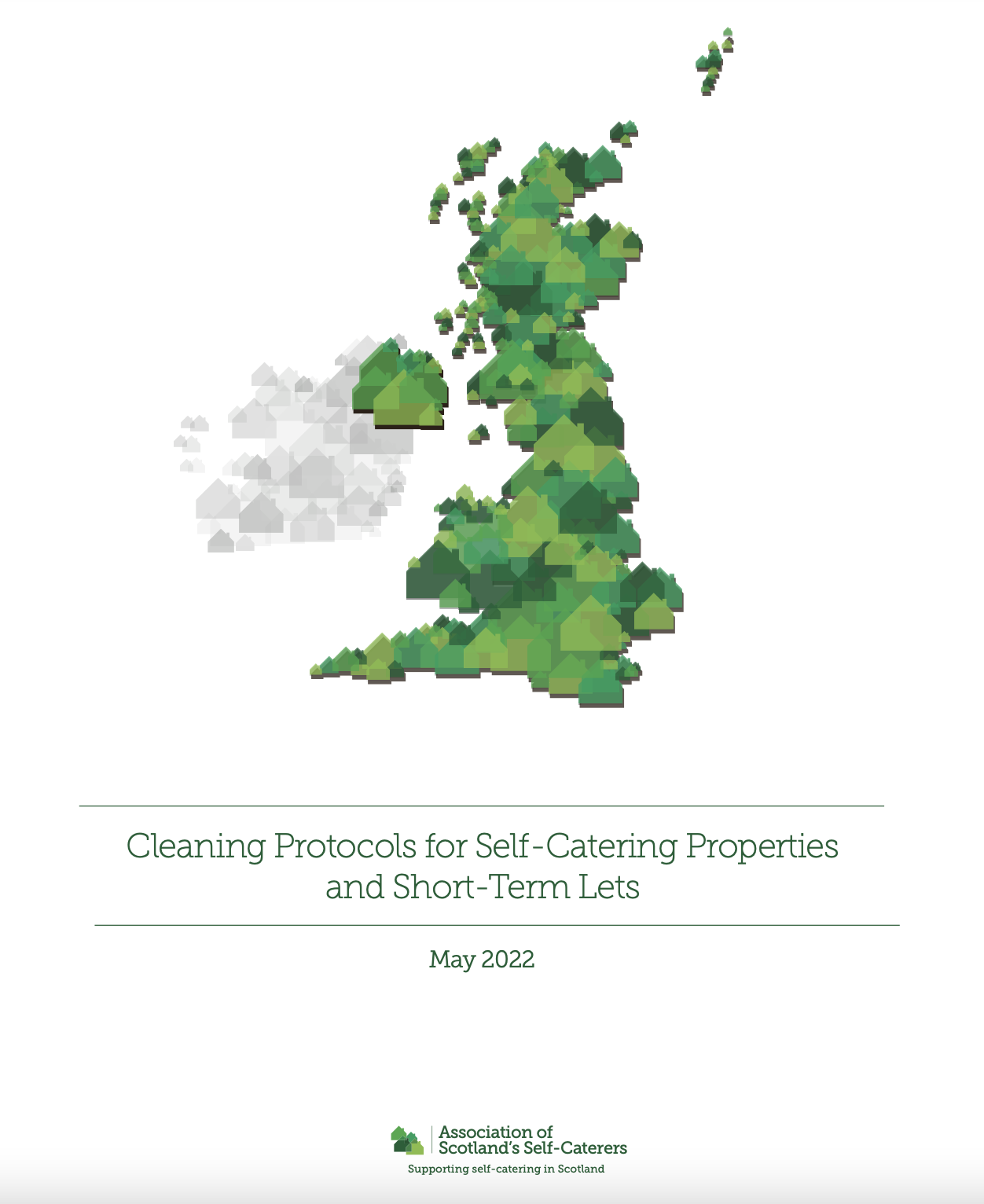We have been asked for a reminder of when businesses were shut down during the Covid-19 pandemic:
- National Lockdown: 23rd March – 3rd July
Rule of Six Restrictions: 10th – 23rd September
Rule of One Household Restrictions: from 23rd September
Levels Strategic Framework introduced: 2nd November – see below
- National Lockdown: 26th December – 26th April
The Council areas allocated to the various levels on 2nd November:
- Level 1 – Highland; Moray; Orkney; Shetland; Western Isles
- Level 2 – Aberdeen; Aberdeenshire; Angus; Argyll & Bute; Borders; Dumfries & Galloway; Fife; Perth & Kinross
- Level 3 – City of Glasgow; City of Edinburgh; Clackmannanshire; Dundee; East Dunbartonshire; East Lothian; East Renfrewshire; East Ayrshire; Falkirk; Inverclyde; Midlothian; North Ayrshire; North Lanarkshire; Renfrewshire; South Ayrshire; South Lanarkshire; Stirling; West Dunbartonshire; West Lothian
- Level 4 – no Council area is in level 4 although there was discussion that North and South Lanarkshire could still end up in level 4 depending on figures.
What did the various levels allow?
- Level 0 – Eight people from up to three households can meet indoors (with limited exceptions); fifteen people from up to five households can meet outdoors. Different rules apply to children and the Scottish Government will confirm this. Licensing curfews will be put in place and eating and drinking may only take place seated at tables – no vertical drinking (or eating). Takeaways are permitted for alcohol and food. Exceptions apply – hospitals, schools, student accommodation, airside premises, and hotel room service and meals for residents are excluded. Self-catering accommodation, hotels, B&Bs, self-catering, caravan and camp sites can open but restrictions above regarding socialising, hospitality rules and travel restrictions apply. Self-catering properties are still regarded as a private home so are still subject to the restrictions re numbers able to meet indoors. Non-essential travel is not allowed from a level 0 area to a level 3 or higher areas nor to equivalent areas in the rest of UK but there are exemptions for essential travel for work, education, shopping, health, outdoor exercise, weddings and funerals, shared parenting and transit through restricted areas. International quarantine regulations apply but otherwise travel is unrestricted.
- Level 1 – Six people from two households can meet indoors and outdoors but not from 2nd November. That will apply only outdoors and even level 2 areas cannot meet other families indoors except for the limited restrictions. Hospitality would in general be open but there will be a 10.30pm curfew. Weddings and life events are restricted to a maximum of 20 people. Indoor contact sports for adults are not permitted. Only those who cannot work from home can go to their place of work. Informal childcare is allowed
- Level 2 – No indoor meeting is allowed, with limited exceptions. Six people from two households can meet outdoors and in hospitality settings. Licensed premises can only serve alcohol indoors with a main meal and only until 8pm. Premises can serve food, non-alcoholic and alcoholic drinks outdoors until 10pm. Cinemas, bingo halls and amusement arcades can open. Gyms can open. Other leisure and entertainment premises are closed. Informal childcare is allowed.
- Level 3 – Cafes, pubs and restaurants can open until 6pm to serve food and non-alcoholic drinks but no sale of alcohol indoors nor outdoors. Leisure and entertainment venues, including cinemas, will be closed. Non-essential travel is not allowed out with an area in level 3. Indoor exercise is restricted to individuals – no dance or spin classes. Informal childcare is allowed. No indoor meeting is allowed, with limited exceptions. Accommodation, hotels, B&Bs, self-catering, caravan and camp sites can open but socialising, hospitality rules and travel restrictions apply. The Scottish Government guidance advises non-essential, leisure and tourism use is only to be by locals. Essential travel such as work-related travel can continue.
- Level 4 – similar to lockdown restrictions in place from March to July. Schools remain open but all non-essential shops, pubs and restaurants, gyms, libraries, barbers and hairdressers are closed. Some outdoor meeting will be allowed but that has to be clarified.

